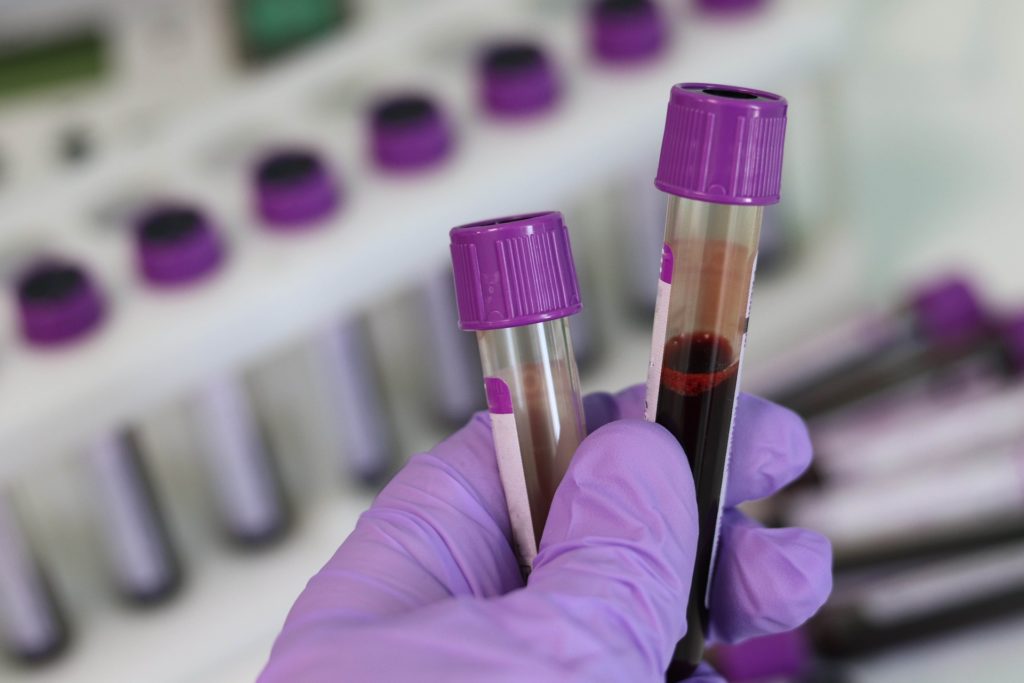
Every one of you who has at least visited a hospital in a foreign country once has most likely also experienced a strange feeling when doing so: Oftentimes, it seems like the healthcare system is not connected. A foreign hospital can barely access the patient information about a patient in real-time. This post tells the story of my trip to Thailand in early 2019 and the reasons I discovered why we need Blockchain technologies in healthcare.
How does a hospital in Thailand feel like?
Hospitals in Thailand are very different in general, the experience you make can completely vary from place to place. In my case, I had a minor accident that required me to go to the hospital and after speaking to a few locals, I finally found the right place with English speaking doctors (not an easy thing). They seemed quite organized at first, which was – unfortunately – the first thing I have been proved wrong with pretty soon.
However, my experiences described here only stem from one single hospital and I can not judge others.
The data management in healthcare institutions is horrible
It was three times in the end that I needed to explain the same story of the little accident I had to three different persons or departments. Furthermore, most of the information was collected on physical papers. This is definitely nothing you want to fill out, especially when you are in need of medical help.
Have you ever felt uncomfortable or worried because something was out of order?

If things do not go as we expect them, we humans are getting worried very fast. And this is what I encountered during my hospital visit: The fact that three different departments asked me for the same information, they got unclear or even misleading information from the other departments or they simply did not exchange information, made me worried. Worried that they will be able to choose the best possible option for my physical well-being. How could they do that if they do not even have the necessary information for it or if they are too disorganized to be trusted?
How the Blockchain can solve the data insanity in healthcare
How does a Blockchain now relate to the fact that the record-keeping in health institutions is oftentimes insufficient? The Blockchain oftentimes means decentralization of power, but centralization of data. Moving away from the technical details and concentrating on the healthcare use case, this could look like the following:
Instead of every hospital and even every department managing the patient data on their own, a distributed ledger can serve as a connector between all of them. Instead of everybody keeping the data separately, one single ledger could encompass all the data. Also meaning that if there is a necessity to access this data, every party is able to access this single point of data.
![]()
Which problems can healthcare Blockchain solutions solve?
The following issues and difficulties in healthcare institutions and hospitals can be tackled by utilizing a Blockchain platform:
-
Single point of failure
Currently, a problem or data loss in one single hospital could cause serious problems and the data may be lost forever since it is only stored in one place. By using a distributed network, the data could be stored redundantly in many places. If one system encounters a downtime, the others will still work.
-
Inconsistency of data
The fragmented systems are not updated simultaneously. That means if I enter my address today at hospital A and six months later in hospital B, both received different addresses of the same person. This could be eliminated by using a distributed ledger with one single and approved truth. The same goes for missing information. If all data sources are brought together, there is a larger data set which could possibly help the doctor taking better decisions.
-
Access restrictions
Restricting the access to data is really important in healthcare since most of it is very sensitive. Now, every hospital or institutions is ensuring that by themselves. A Blockchain could do that for multiple parties and ensure that only the people who are supposed to see the data can do so.
Want to learn everything about security tokens and STOs? Get my book “Assets on Blockchain” – the standard book about security token offerings (STOs) on AssetsOnBlockchain.com
Summarizing: The healthcare sector should not try to implement a Blockchain, they must implement it
Considering all the issues of data storage, persistence, consistency, and access mentioned above, the healthcare system definitely needs distributed ledger technologies (DLT). It does not only offer the potential to save a lot of costs, but actually brings up very new possibilities to gain efficiency but, most importantly, provide a better level of healthcare for patients.
